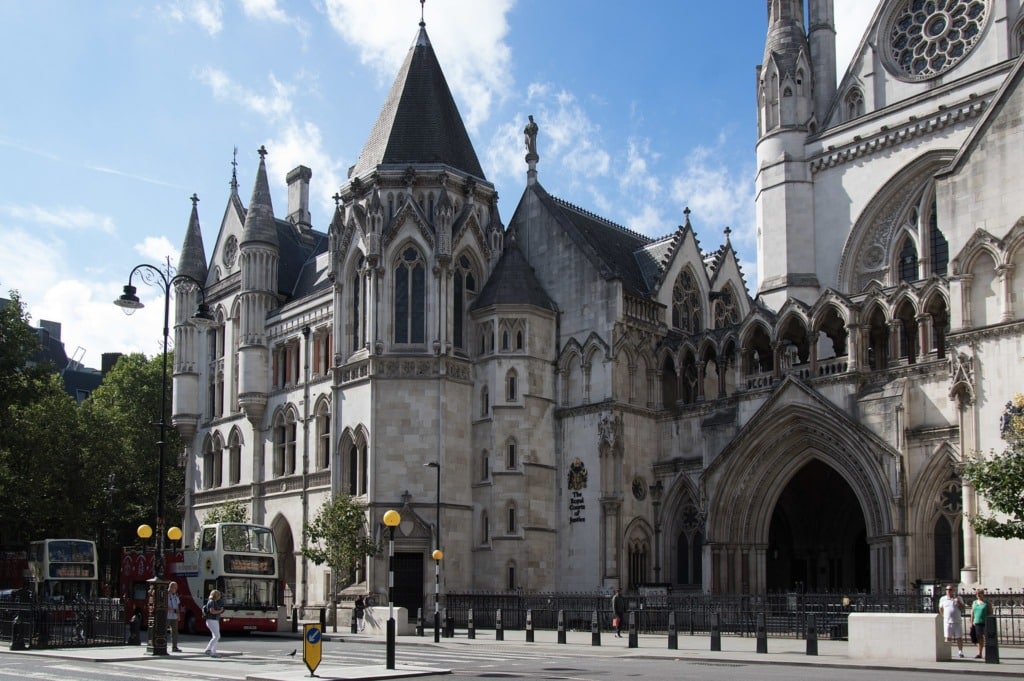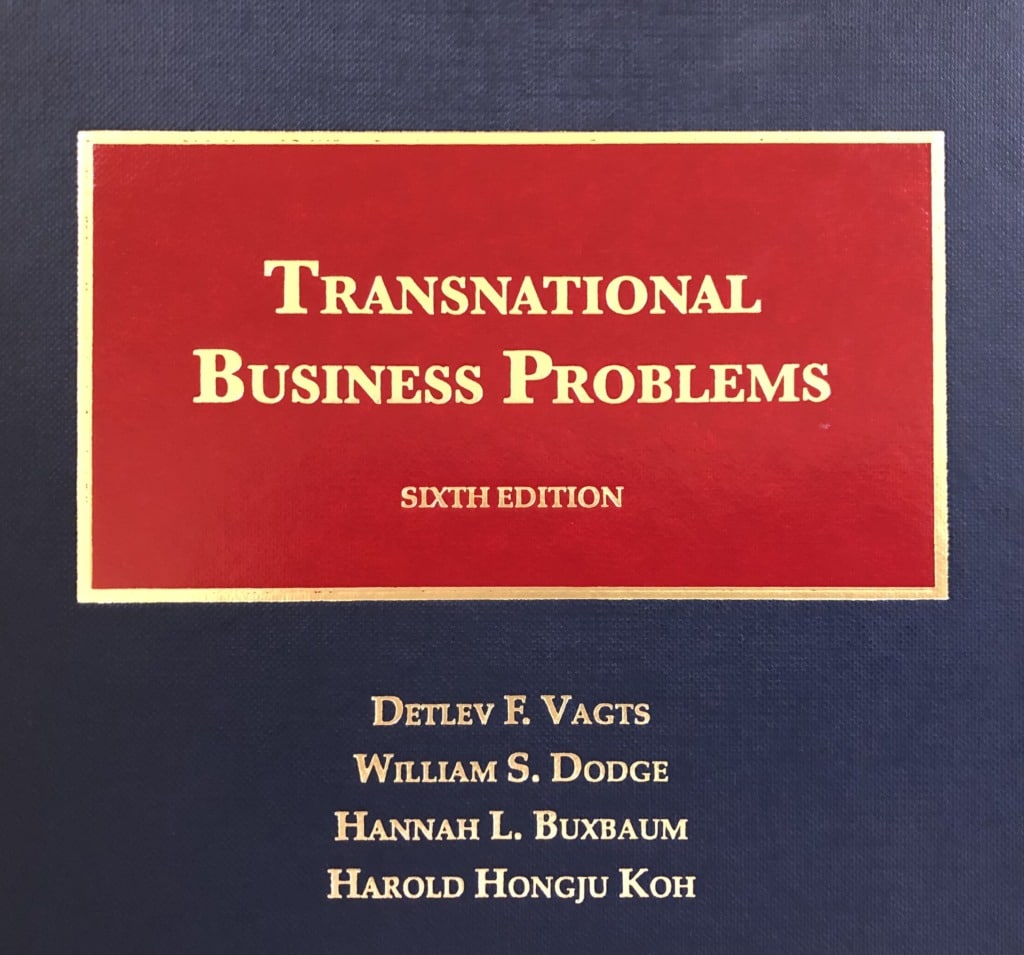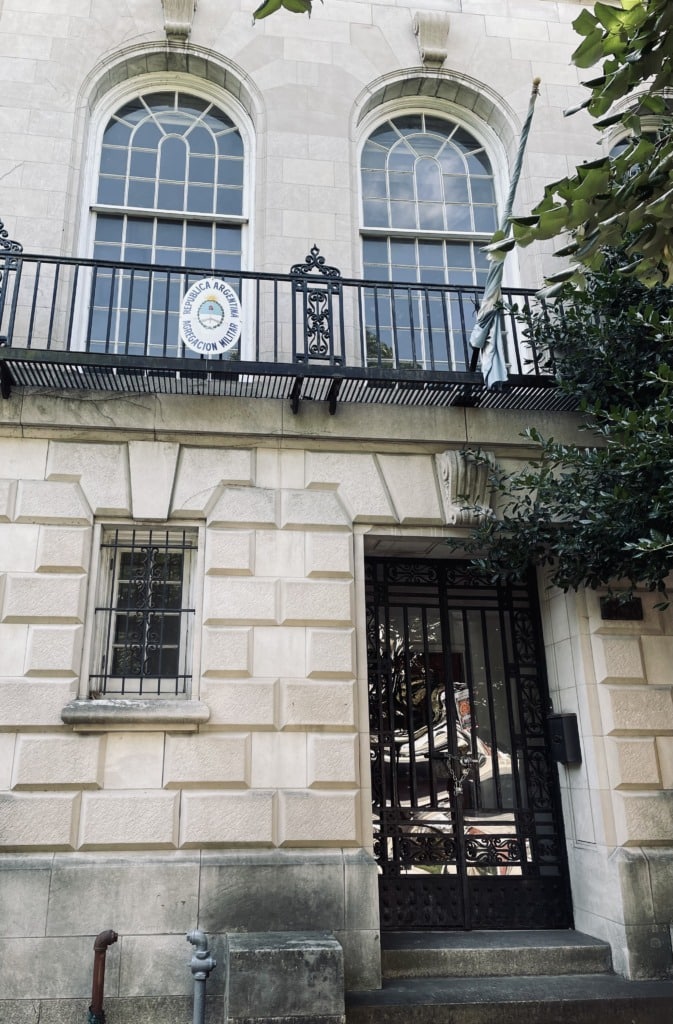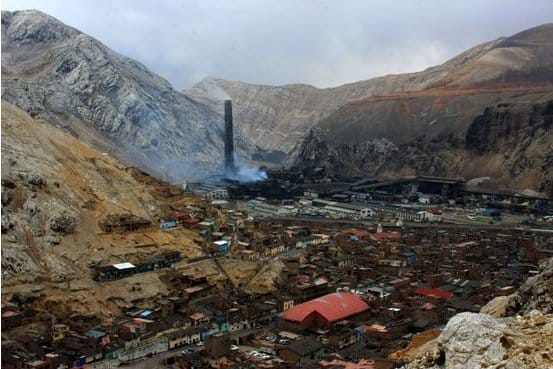The Small Potatoes Problem with New York Forum Selection Clauses
New York has long sought to attract cases to its courts—and to generate business for New York lawyers—by enforcing New York forum selection clauses when they appear in commercial contracts worth at least $1 million that are governed by New York law. This policy is codified in New York General Obligations Law 5-1402. What happens,…
Continue ReadingHow (Not) to Decide Whether a Foreign Judgment Is Preclusive
Foreign judgments are generally entitled to recognition in the United States. Beneath that simple statement, however, lie many complexities. When lawyers and judges do not understand those complexities, they are likely to go astray. That seems to be what happened in Wash v. Finch, a recent federal decision in the District of New Jersey. This…
Continue ReadingHonoring David P Stewart: Call for Contributions
David P. Stewart will soon retire from Georgetown Law, where he has been a Professor of the Practice since 2008 after retiring from a distinguished career at the U.S. Department of State. In honor of his many contributions to the field and to his colleagues and students, Georgetown Law will host a celebration of his…
Continue ReadingUsing TLB to Teach International Business Transactions
As the fall semester gets underway, we are updating our posts on using resources on TLB to teach various classes. This post discusses International Business Transactions (IBT). Although TLB focuses on litigation and IBT focuses on transactions, there is a great deal of overlap. The most obvious examples are contractual clauses that plan for dispute resolution,…
Continue ReadingD.C. Circuit Rejects FSIA Waiver Exception to Uphold Immunity of Sovereign-Owned Property
In a recent decision, Bainbridge Fund Ltd. v. Republic of Argentina, the D.C. Circuit rejected a judgment creditor’s attempt to attach and execute upon the Chancery Annex, a building owned by Argentina in Washington, D.C. Argentina’s creditors have chased it for two decades, since the beginning of its sovereign debt crisis, to varying degrees of…
Continue ReadingD.C. Circuit Limits Jurisdiction over Foreign States in Breach of Contract Claims
Circuit courts have split on the issue of what is required for a breach of contract to have a “direct effect” in the United States for the purposes of the Foreign Sovereign Immunity Act (FSIA) (a primer on foreign sovereign immunity is available here). Rulings in the Seventh and Eleventh Circuits impose a “place of…
Continue ReadingMexico’s Claims Against Gun Manufacturers Suffer a Personal Jurisdiction Setback
In 2021, Mexico sued seven U.S. gun manufacturers in federal district court for the District of Massachusetts, alleging that they design, market, and sell guns in ways that they know will arm Mexican drug cartels. As described in an earlier post, the First Circuit held that some of Mexico’s claims were not barred by the…
Continue ReadingA Troubling Decision in the Fifth Circuit
The Fifth Circuit has issued a number of opinions over the years relating to the enforceability of forum selection clauses in transnational cases. Its recent decision in Matthews v. Tidewater, Inc. is among the most troubling. Background The plaintiff, Marek Matthews, worked as a seaman and captain from 1982 to 2016 on offshore supply vessels…
Continue ReadingThird Circuit Addresses Email Service under the Hague Service Convention
A new decision by the Third Circuit, SEC v. Lahr, correctly analyzes the tricky question of email service under the Hague Service Convention. The court’s clear explanation will be of great help to district courts across the country, which remain divided on this question. Unfortunately, the Third Circuit chose not to publish its decision, so…
Continue ReadingEighth Circuit Rejects Argument for Foreign-Policy Abstention
On August 1, 2024, the Eighth Circuit issued its decision in Reid v. Doe Run Resources Corp., rejecting defendants’ argument that the case should be dismissed based on international comity. As Maggie Gardner has explained in greater detail here and here, the plaintiffs in Reid are more than 1,400 Peruvian citizens who suffered harm as…
Continue Reading








